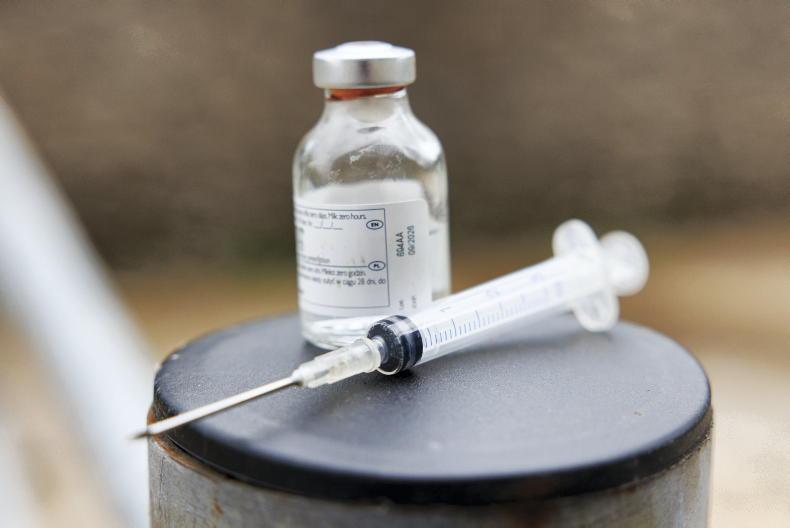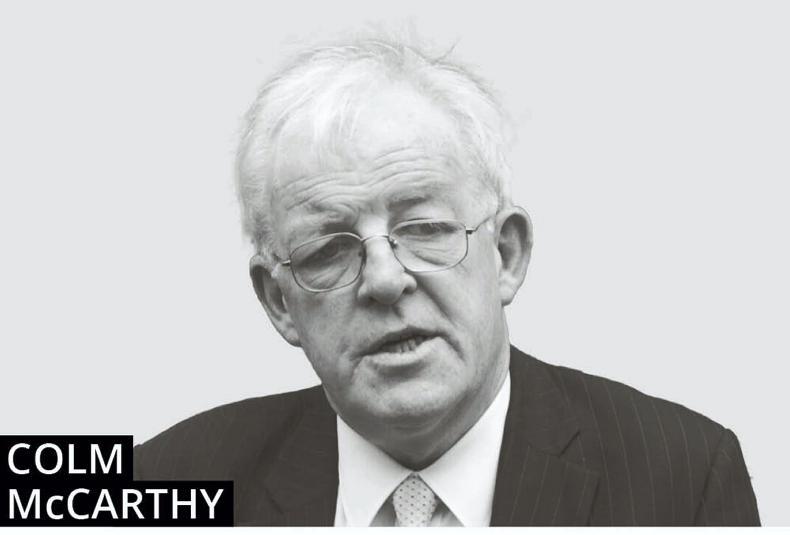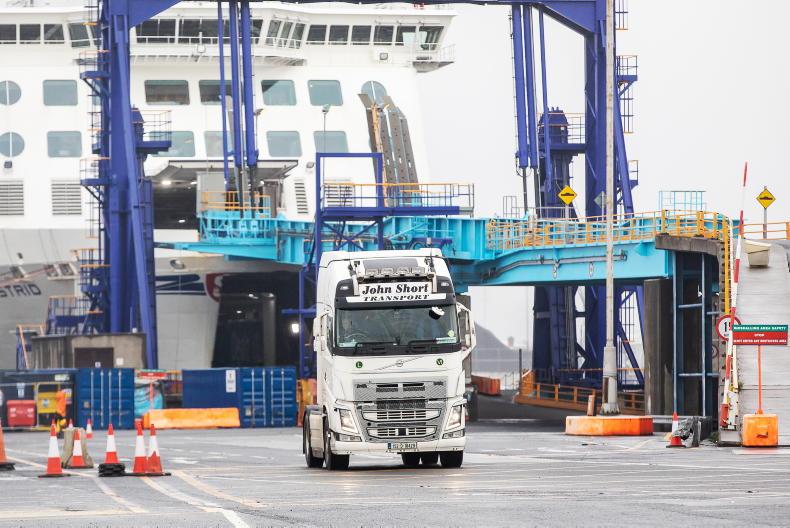The British Prime Minister Theresa May delivered what was her third keynote speech on Brexit on Friday.
From the perspective of Irish agriculture, and indeed the Irish economy, it quite simply amounts to another red alert for farmers and the industry.
There had been some hope that we would see the UK Government move towards remaining within the customs union.
Far from it.
Not only did Theresa May reinforce her government’s intention to leave the customs union, she also made it clear that when outside of the EU, the UK would retain the right to set its own tariffs on imports.
Such a scenario could effectively erode the value of the British market and make it worthless as a market for Irish food exports, as well as devaluing it for British producers too.
Biggest risk
Throughout the Brexit process, we have repeatedly highlighted this as the biggest risk for our sector.
As an example, there is no point in having unrestricted access for Irish beef into a British market where it is forced to compete with imports from Brazil where the beef price today is close to €2/kg.
And while domestic UK production would continue to command a premium, as it does today over Irish beef imports, in future this premium would be on top of a much lower base.
The British government still appears to be clutching to the hope that the EU will effectively allow it to “cherry pick” when it comes to designing a future customs partnership.
Is this simply naivety or a strategy to the lay blame for what looks increasingly like a hard Brexit at the doorstep of the EU?
Regardless, the risk for Ireland is that it could quickly find itself becoming a political pawn in a negotiation process where the position of both parties appears to be diverging rather than coming together.
To date, there has been too much talking around the border issue, whether it be a north-south or east-west border. Those who held out hope of a border in the Irish Sea as a potential solution neither understand Northern Irish politics nor the relativities of the Irish trading relationship with the UK.
At stake
The Irish Government is well aware of what is at stake for the Irish economy and our agri-food sector in the event of a hard Brexit.
A recent report, commissioned by the Irish government and produced by Copenhagen Economics, showed a potential 7% decline in Irish GDP and a 50% to 70% decline in Irish beef and dairy exports by 2030 in the wake of a hard Brexit.
While it was hoped that a hard Brexit scenario would be avoided, all bets are now off after Theresa May’s latest speech. It is time for the EU, and more importantly Ireland, to stop hoping for the best and present a plan for the worst.
Ireland now needs to start putting demands on the EU for safeguards.
In the case of agriculture and the increasing risk of a collapse in the value of what is by far our largest food export market, how is the EU going to respond?
Is Europe prepared to step into the market and offer support in the form of intervention or export refunds until new markets can be found?
A policy of being content with constant reassurances without commitments is clearly no longer an option.
Read more
Brexit will mean less market access
Empty shelves a new experience for Irish consumers
Crunch time for Brexit negotiations
The British Prime Minister Theresa May delivered what was her third keynote speech on Brexit on Friday.
From the perspective of Irish agriculture, and indeed the Irish economy, it quite simply amounts to another red alert for farmers and the industry.
There had been some hope that we would see the UK Government move towards remaining within the customs union.
Far from it.
Not only did Theresa May reinforce her government’s intention to leave the customs union, she also made it clear that when outside of the EU, the UK would retain the right to set its own tariffs on imports.
Such a scenario could effectively erode the value of the British market and make it worthless as a market for Irish food exports, as well as devaluing it for British producers too.
Biggest risk
Throughout the Brexit process, we have repeatedly highlighted this as the biggest risk for our sector.
As an example, there is no point in having unrestricted access for Irish beef into a British market where it is forced to compete with imports from Brazil where the beef price today is close to €2/kg.
And while domestic UK production would continue to command a premium, as it does today over Irish beef imports, in future this premium would be on top of a much lower base.
The British government still appears to be clutching to the hope that the EU will effectively allow it to “cherry pick” when it comes to designing a future customs partnership.
Is this simply naivety or a strategy to the lay blame for what looks increasingly like a hard Brexit at the doorstep of the EU?
Regardless, the risk for Ireland is that it could quickly find itself becoming a political pawn in a negotiation process where the position of both parties appears to be diverging rather than coming together.
To date, there has been too much talking around the border issue, whether it be a north-south or east-west border. Those who held out hope of a border in the Irish Sea as a potential solution neither understand Northern Irish politics nor the relativities of the Irish trading relationship with the UK.
At stake
The Irish Government is well aware of what is at stake for the Irish economy and our agri-food sector in the event of a hard Brexit.
A recent report, commissioned by the Irish government and produced by Copenhagen Economics, showed a potential 7% decline in Irish GDP and a 50% to 70% decline in Irish beef and dairy exports by 2030 in the wake of a hard Brexit.
While it was hoped that a hard Brexit scenario would be avoided, all bets are now off after Theresa May’s latest speech. It is time for the EU, and more importantly Ireland, to stop hoping for the best and present a plan for the worst.
Ireland now needs to start putting demands on the EU for safeguards.
In the case of agriculture and the increasing risk of a collapse in the value of what is by far our largest food export market, how is the EU going to respond?
Is Europe prepared to step into the market and offer support in the form of intervention or export refunds until new markets can be found?
A policy of being content with constant reassurances without commitments is clearly no longer an option.
Read more
Brexit will mean less market access
Empty shelves a new experience for Irish consumers
Crunch time for Brexit negotiations









SHARING OPTIONS